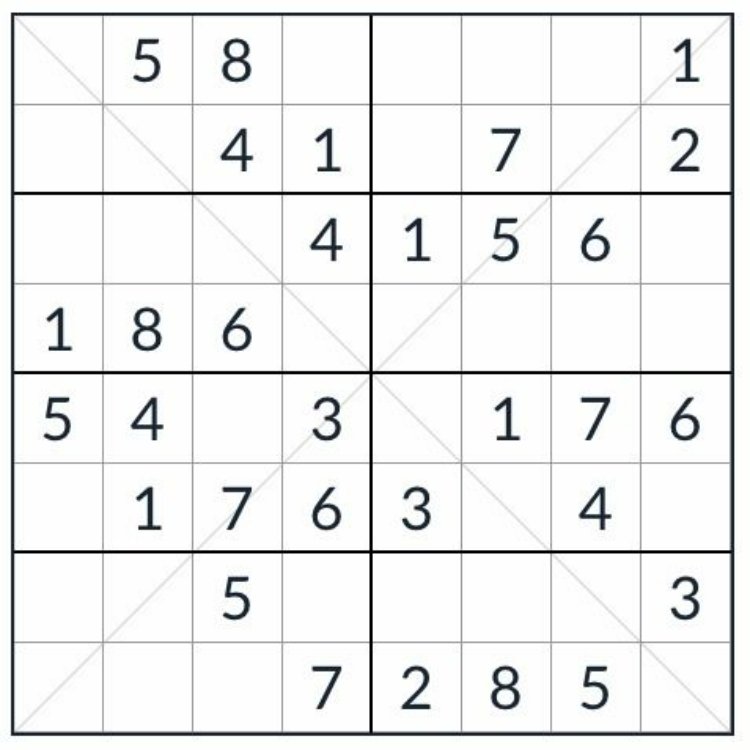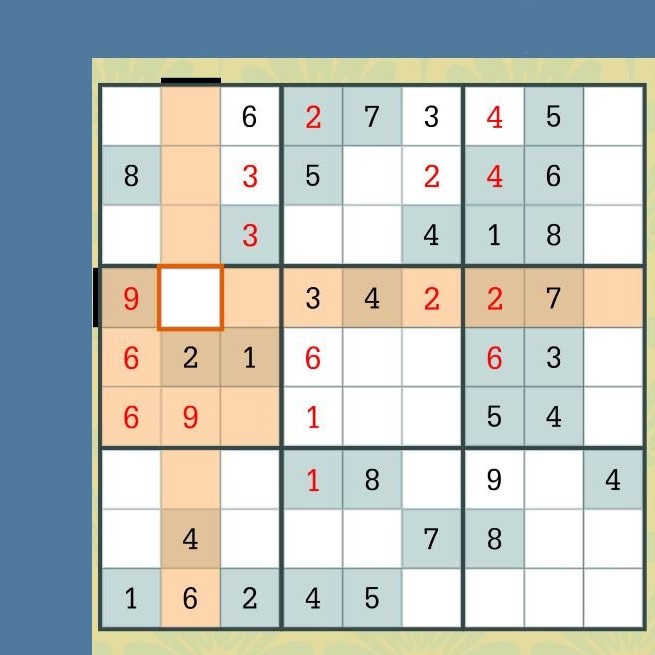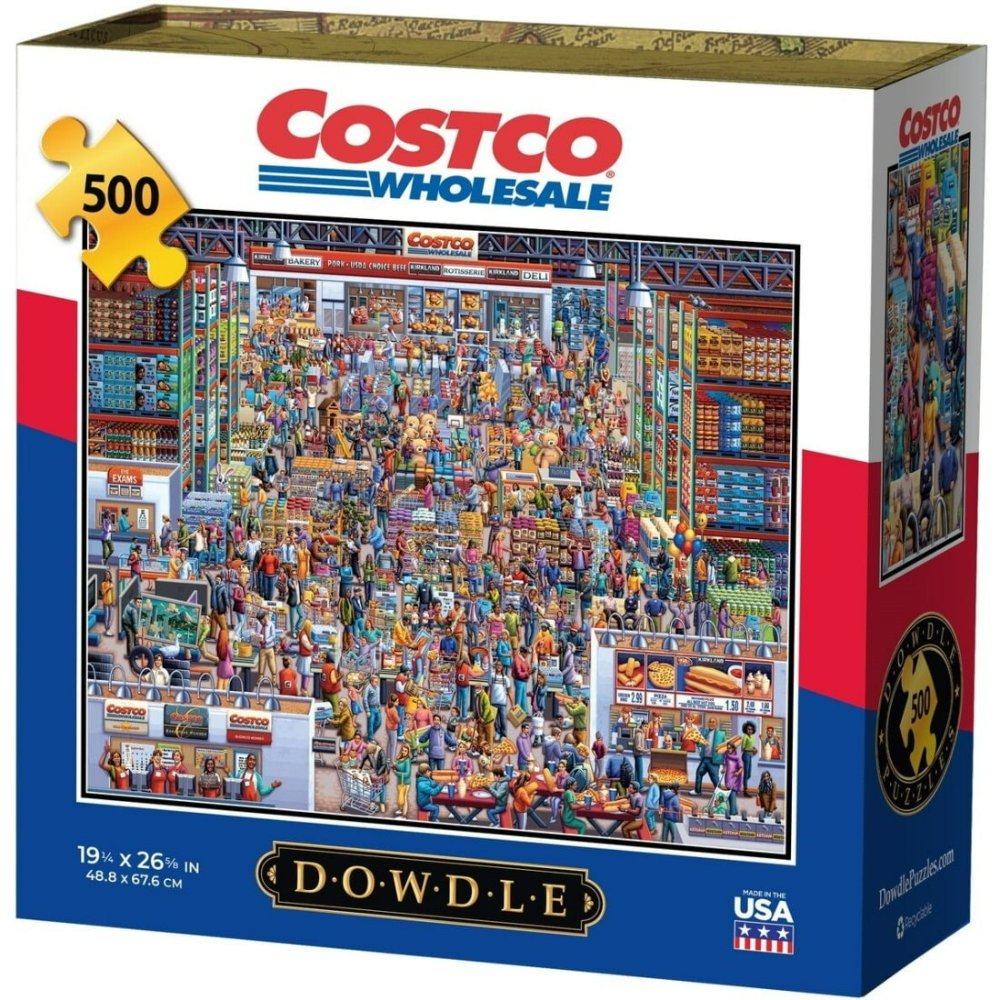The Essentials of Sudoku Puzzles
How Sudoku Works
Sudoku is a logic-based puzzle featuring a 9×9 grid. Each row, column, and 3×3 subgrid must contain numbers 1 to 9 without repetition. The puzzle starts with some cells pre-filled, guiding players on how to proceed. The objective is to fill the empty cells using logic and deduction, ensuring each number appears only once per row, column, and subgrid. This setup challenges the player to think strategically about number placement. There are lots of benefits of playing Sudoku.
Required Skills and Logical Thinking
Successful Sudoku solving requires several skills. First, players need strong logical thinking to deduce which numbers fit in each empty cell. Critical reasoning is vital as it involves analyzing the given numbers’ arrangement to make informed choices. Attention to detail is necessary to avoid repeating numbers within the same row, column, or subgrid. The ability to spot patterns and remember past placements enhances gameplay. These skills not only allow for successful puzzle solving but also contribute to cognitive development.

Health Benefits of Regular Sudoku Play
Engaging in Sudoku regularly offers numerous cognitive benefits, making it more than just a pastime.
Enhancing Cognitive Functions
Playing Sudoku demands logical thinking and problem-solving skills. As you navigate through the puzzles, you’re required to analyze and make strategic decisions, which in turn, sharpens your cognitive abilities. This activity helps in enhancing critical reasoning skills and developing a keen attention to detail. Furthermore, the mental processes involved in solving Sudoku puzzles serve as an effective brain workout, keeping your mind active and agile.
Improving Memory and Recall Abilities
Sudoku also plays a significant role in bolstering memory and recall abilities. This game involves a substantial amount of memory usage as players need to remember which numbers are in which rows, columns, and squares to avoid repetition. Over time, this practice can lead to improvements in short-term memory and enhance your ability to quickly recall information. Whether you’re a youngster or an older adult, regularly playing Sudoku can be beneficial in maintaining and improving these vital cognitive functions.
Sudoku as a Tool for Dementia Prevention
Sudoku is not just a game for passing time. Playing it often can sharpen your brain and may even act as a safeguard against cognitive diseases like dementia. Studies suggest that brain exercises such as Sudoku can keep our minds active and could potentially delay the onset of dementia.
Reducing the Risk of Cognitive Decline
Regular Sudoku solving challenges your memory, attention, and logic. Such continuous mental activity promotes a healthier brain. Experts believe that by regularly engaging in puzzles, we can maintain our cognitive functions longer. Though Sudoku alone isn’t a cure, it’s a beneficial tool in the fight against cognitive decline.
Cognitive Benefits for Older Adults
For mature adults, Sudoku offers a chance to exercise their brains in a fun, engaging way. This practice encourages neural plasticity, the brain’s ability to form new connections. By preserving and enhancing these connections, older adults can maintain sharper mental acuity. Sudoku can also enhance their problem-solving skills and memory recall abilities, contributing to a better quality of life.

Mental Stimulation and Social Engagement
Sudoku is more than a solitary brain teaser; it can be a social experience too. Engaging in Sudoku with others combines the cognitive benefits of puzzle-solving with the rewards of social interaction.
Benefits of Playing Puzzles in a Social Setting
Playing Sudoku with others can lead to lively discussions, shared strategies, and a sense of community. Group puzzle-solving encourages teamwork and communication, fostering a supportive environment. This can be especially enriching for seniors in community centers or family members at home.
Enhancing Social Interactions and Emotional Well-being
Solving Sudoku in a group setting not only improves brain function but also contributes to emotional health. The laughter, camaraderie, and satisfaction of solving puzzles together can reduce feelings of loneliness and isolation. Additionally, celebrating each other’s successes can boost self-esteem and promote happiness. Sudoku provides a platform for engaging with others, thus enhancing overall well-being.
Challenges and Learning Opportunities
Sudoku puzzles offer a range of difficulty levels, providing ample challenge and learning opportunities for players. Overcoming these challenges not only brings a sense of achievement but also advances cognitive abilities.
Advancing from Easy to Difficult Puzzles
Starting with easy Sudoku puzzles and gradually moving to more complex ones is a rewarding strategy. As beginners master the basics, they can explore harder puzzles, which require more intricate thought processes and stronger problem-solving tactics. Each puzzle solved is a step up in the cognitive ladder, driving mental growth and boosting confidence.
Using this method, players can tailor their experience based on their skill level. By persistently tackling puzzles of increasing complexity, they enhance their logic, patience, and focus. More difficult puzzles often introduce scenarios that challenge players to expand their approaches and develop new strategies.

Building Patience and Focus Through Sudoku
Patience and focus are critical skills honed while engaging with Sudoku puzzles. Players must carefully analyze each row, column, and subgrid, proceeding only when they’re certain of a number’s placement. This deliberate and methodical approach trains players to maintain focus over extended periods and fosters patience.
As players grow accustomed to the patterns and strategies of Sudoku, they learn to manage frustration when faced with challenging grids. They realize that sometimes stepping away and returning with a fresh perspective can be more effective than trying to force a solution. Persisting through difficult puzzles can teach valuable life skills such as resilience and perseverance.
These aspects of Sudoku make it not just a game, but a mental exercise that offers numerous benefits. Players not only enjoy the satisfaction of completing a puzzle but also nurture vital cognitive and emotional skills that are beneficial in everyday life.
Supporting Mental Health
Sudoku puzzles provide more than just entertainment. They have significant effects on mental health.
Managing Stress and Anxiety
Engaging in Sudoku challenges distracts from daily stress, reducing anxiety and calming the mind. This game requires concentration, diverting attention from stressful thoughts and providing a mental break. As players focus on solving these puzzles, their stress levels drop, promoting a more relaxed state.
Positive Impact on Mental Illnesses
Regularly playing Sudoku can have a profound positive influence on various mental health conditions, including depression and anxiety. The act of solving these intricate puzzles serves not only as a form of entertainment but also as a valuable cognitive exercise that actively engages the brain. When faced with a Sudoku puzzle, players must apply logic, pattern recognition, and critical thinking, which can enhance cognitive function and provide a sense of accomplishment once solved.
Engaging in this type of mental exercise stimulates different areas of the brain, promoting neuroplasticity—the brain’s ability to form new connections and pathways. This stimulation can lead to improved memory, better problem-solving skills, and increased focus. For individuals struggling with depression, the act of concentrating on a puzzle may offer a welcome distraction from negative thoughts, helping to alleviate feelings of sadness or hopelessness.
In the case of anxiety, the structured nature of Sudoku can provide a calming effect. Focusing on a logical activity can redirect attention away from anxious thoughts, allowing for a moment of mindfulness amidst chaos. The rhythmic, methodical approach to solving the puzzle can bring about a sense of order and control, which is often lacking in the lives of those dealing with anxiety. Furthermore, the challenge of completing a Sudoku puzzle can evoke feelings of satisfaction and achievement, boosting self-esteem and reinforcing a positive mindset.


